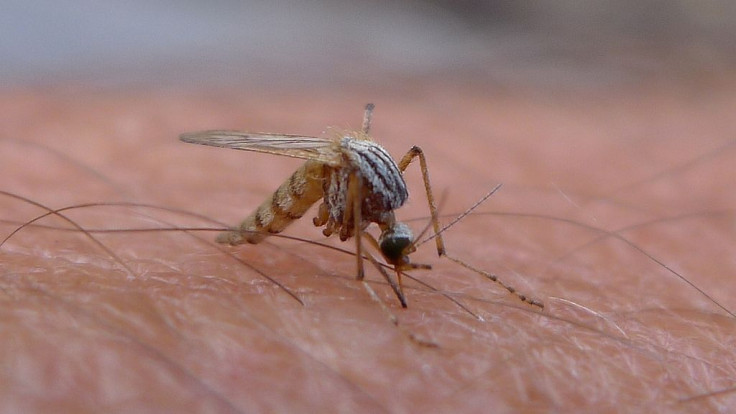Blame Mosquito Bites On The Genes Responsible For How You Smell

Constant swatting and incessant scratching may be byproducts of your genes making you attractive to mosquitoes, a new twin study finds. Insect repellent may help, but the body odor you were given from birth could already be putting you at a disadvantage.
The new research has its sights set on conquering diseases like malaria, yellow fever, and West Nile Virus, three illnesses carried by mosquitoes in such large numbers that the mosquito is widely considered the deadliest animal in the world, killing roughly 725,000 people annually. Genes could be a driving force behind that death count, which means changing their expression or turning it off altogether could potentially save millions.
“By investigating the genetic mechanism behind attractiveness to biting insects such as mosquitoes we can move closer to using this knowledge for better ways of keeping us safe from bites and the diseases insects can spread through bites,” said senior author Dr. James Logan, senior lecturer in medical entomology at the London School of Hygiene & Tropical Medicine, in a statement.
Logan and his colleagues recently conducted a small pilot study investigating the link between genetics and mosquito attraction. They used twins in their experiments — an elegant technique scientists use to parse out which traits and phenomena can be explained by genetic factors. In total, they relied on data from 18 identical and 19 non-identical female twins.
Each participant put her hand inside a Y-shaped tube swarming with mosquitoes. The researchers collected information on which mosquitoes bit which women. They found mosquitoes were drawn to the identical twins at more similar rates compared to the non-identical twins, and not all mosquito bites were created equal. For instance, Anopheles gambiae, the species of mosquito most responsible for transmitting malaria in Africa, were drawn to the smells emitted by pregnant women more so than non-pregnant women.
The level of heritability in this case — how much a child receives a particular gene from her parents — was roughly equivalent to the heritability of height, and to a lesser extent IQ. This is a strong correlation. “If we understand the genetic basis for variation between individuals,” Logan said, “it could be possible to develop bespoke ways to control mosquitoes better, and develop new ways to repel them.”
Some strategies already exist, though none drill down as deep as the DNA. Mosquitoes are drawn to carbon dioxide and other chemicals in your breath, so-called secondary attractants, which means each time you breathe on a muggy night you’re beckoning the insects to come your way. Unfortunately, the only alternative to this is going inside, so most people turn to chemical repellants containing DEET. Logan hopes ongoing research can use people’s genetic makeup to build similar repellents, albeit ones that are more long-lasting.
“In the future,” he said, “we may even be able to take a pill which will enhance the production of natural repellents by the body and ultimately replace skin lotions.”
Source: Mandela Fernández-Grandon G, Gezan S, Armour J, Pickett J, Logan J. Heritability of Attractiveness to Mosquitoes. PLOS ONE. 2015.



























